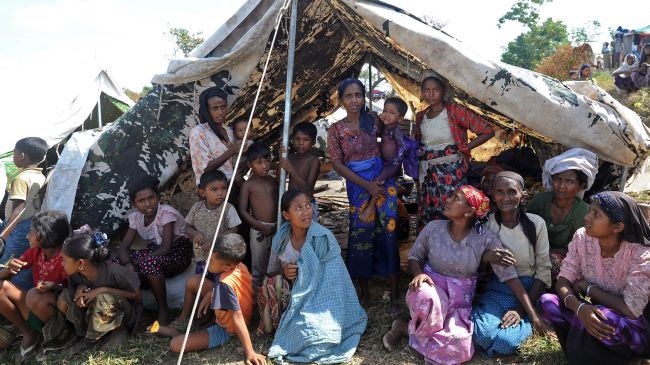Under the draft plan, authorities in the restive Rakhine State will have to construct temporary camps for those Rohingya Muslims who refuse to register as immigrants from neighboring Bangladesh.
Those Rohingyas who do not have adequate documents will be also sent to the detention camps.
The government says those who accept the new classification will be given citizenship and offered some legal protection and rights.
However, an official from Rakhine State, who is member of the committee overseeing citizenship verification, said the plan would not resolve the ongoing tensions between Buddhists and Muslims in the state, or prevent a recurrence of the inter-communal violence that gripped the Southeast Asian country in 2012.
“Practically, even after being given citizenship and resettlement and all that, a Bengali with a citizenship card still won’t be able to walk into a Rakhine village,” Tha Pwint said.
The United Nations recognizes the Rohingya Muslims living in Myanmar’s Rakhine State as one of the world’s most persecuted communities.
Rohingya Muslims in Myanmar have faced torture, neglect, and repression since the country’s independence in 1948.
The Myanmar government has been repeatedly criticized by human rights groups for failing to protect the Rohingya Muslims.
/149

